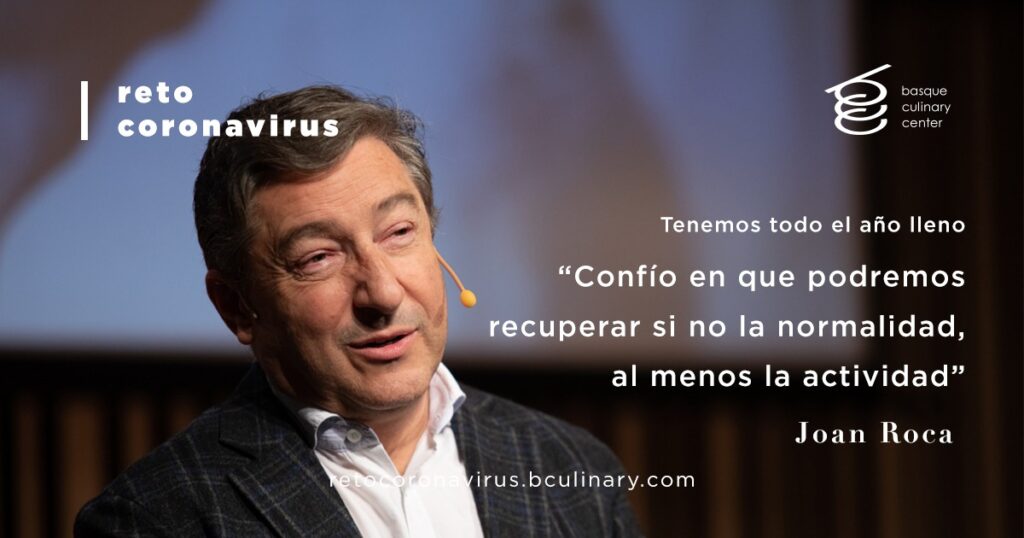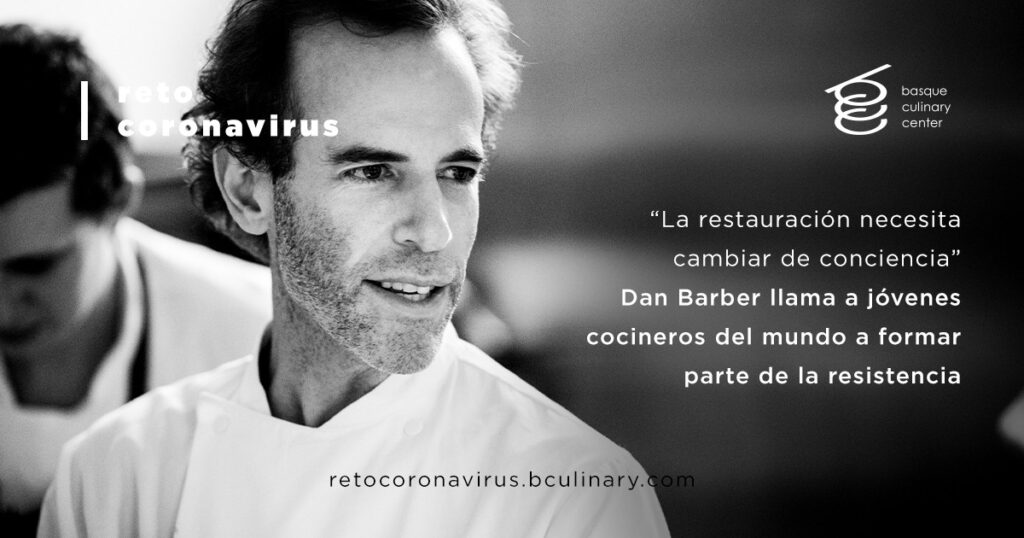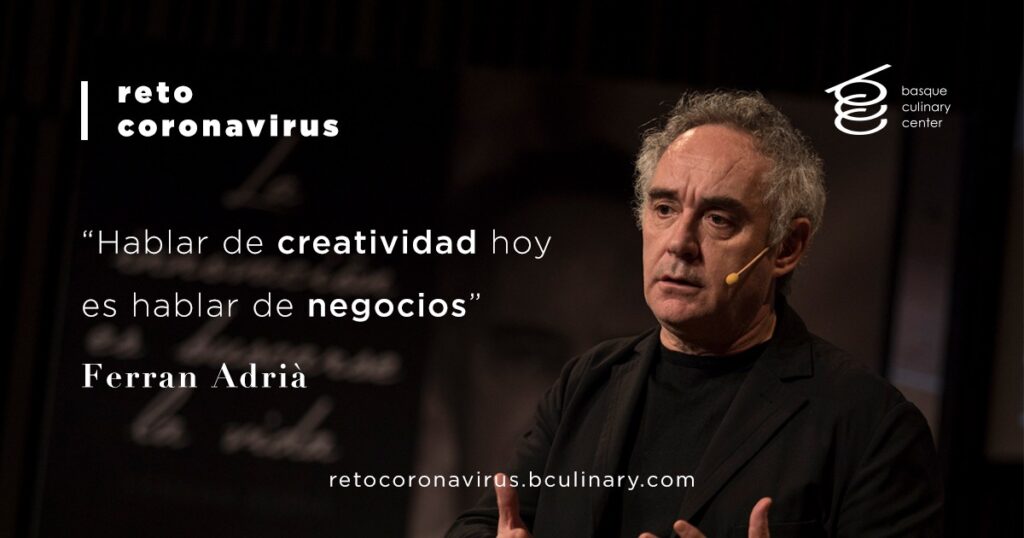Sasha Correa
*Changemakers is a Cross Cultures series spotlighting inspiring women who are creating and doing in the F&B ecosystem; eading the way and helping better the world.
San Sebastián, Spain
Basque Culinary Center; #RETOCORONAVIRUS
Instagram: @sasha_correa @bculinary @mugaritz
Half-Venezuelan, half-Brazilian Sasha Correa was born and raised in Caracas. At the young age of 18, while studying journalism, she found herself on the streets—with a bullet proof vest on her chest—capturing stories during Hugo Chavez’s presidency. Similar to many Venezuelans, she didn’t choose to leave her country—she had to. She lived in Mexico City for three years, and in 2015 to San Sebastián, Spain where she works at the Research and Development team at Mugaritz, and also heads project management at the Basque Culinary Center.
Tell us about you. Where were you born, raised, and what you are making or doing at present?
I am a mixed flavor recipe: half-Venezuelan, half-Brazilian. I was raised in Caracas in between arepas and coxinhas; pabellon and feijoada; papelón con limón and guaraná. I dance salsa and samba and have two religions: food and carnaval. I am a journalist who lives from transforming ideas into realities on different forms and platforms: from books and international conferences to creative developments for chefs, restaurants, academic institutions or other. I am good at imagining utopias only to chase them and then chasing them.
As many Venezuelans, I didn’t choose to leave my country– I just had to. I went to México City and wrapped myself into tortillas all that could, for 3 years (I simply love them: If Jiro dreams with sushi, I dream with tortillas). I was invited by chef Enrique Olvera to direct a congress called Mesamérica (which was one of the biggest in our industry at that time) and to work with him on different projects, until it was time for a new stop. I was offered a job at Mugaritz, as part of the Research and Development team. Although I was not a chef, Andoni [Aduriz] insisted on opening a space in his creative team for someone who cooked words and abstract ideas like me. I was so curious to find out what working in “creativity” meant, so I said yes. At the same time, I was offered a stimulating opportunity of working strategic projects for Basque Culinary Center. ‘Why not?’ I thought. Coming to San Sebastián, I found myself in a kind of Willy Wonka’s factory. It’s a dream place for anyone who is into food culture. So it was the perfect equation.
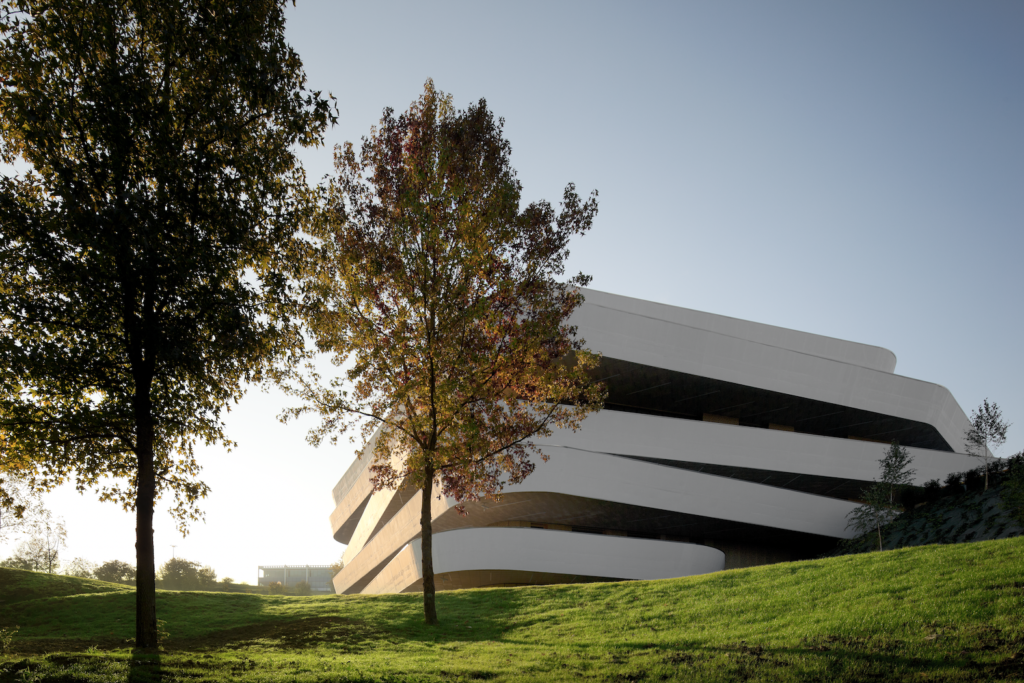
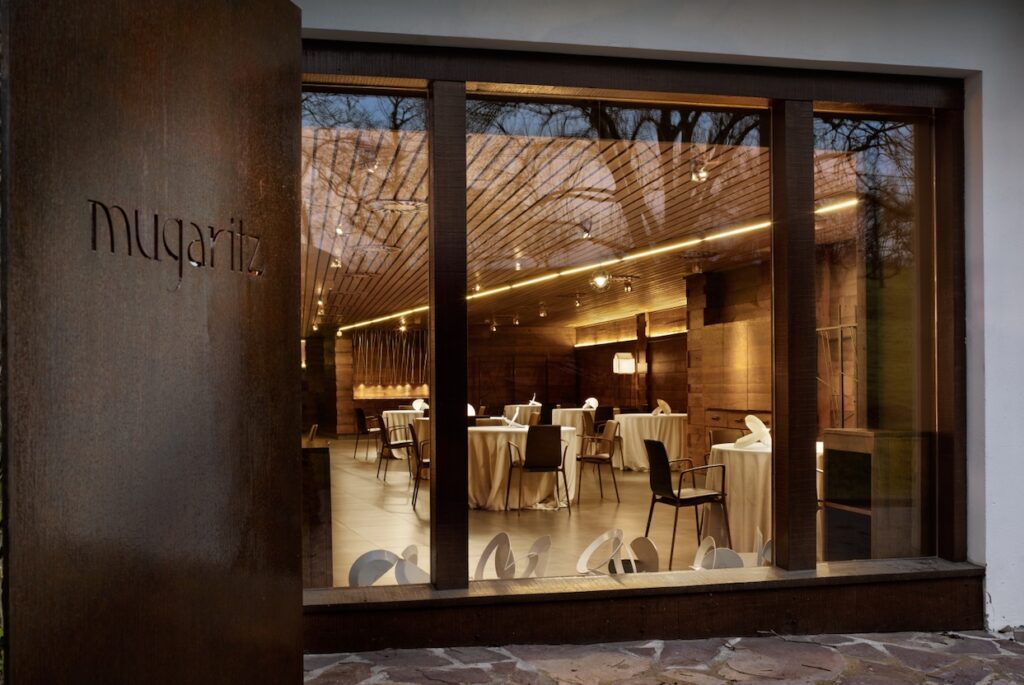

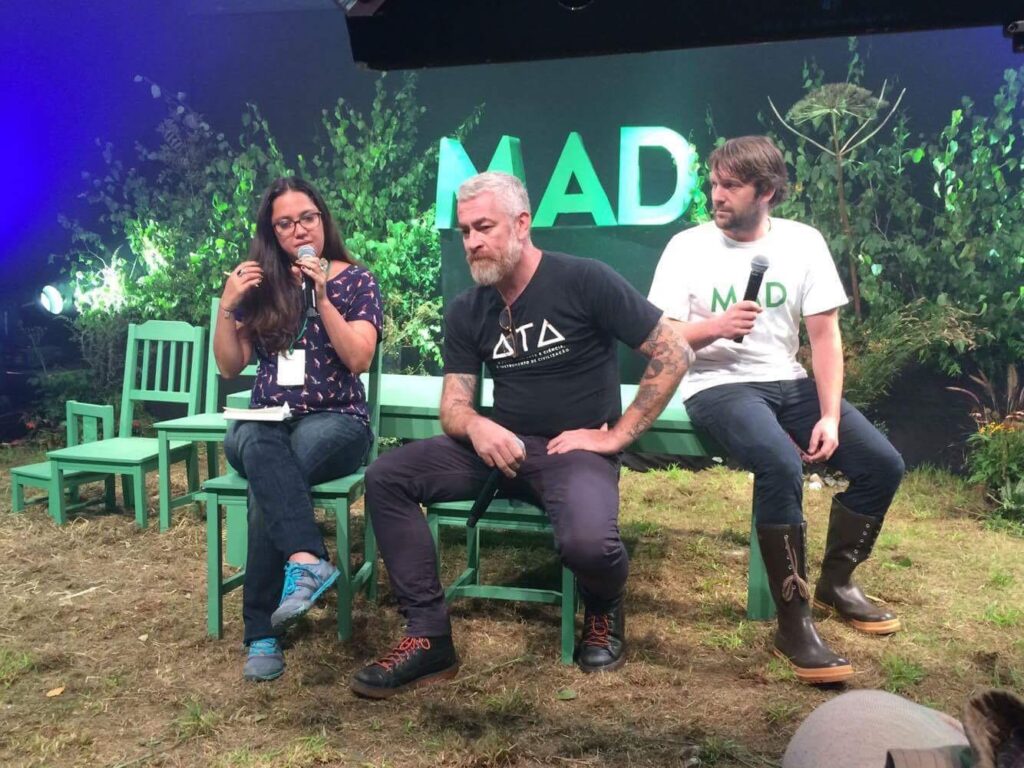
How did you end up working at your present career? How long have you been doing this/ When did you start?
I started to work very early. At 18 years old, while studying journalism in Caracas, I was already finding my way on the streets, catching stories in the midst of Hugo Chavez’s government: with a bullet proof vest on my chest, and many prayers in my pockets, I learned journalism by doing; by daring to find information in a context in which this job was already being demonized, and the very basics of freedom of speech where already disappearing. After years diving into politics and economics, I understood that the political situation in Venezuela would only get worse. If I wanted to keep on writing and telling stories without losing my nerves, It was better to change, and so I did. I took a parachute and flew elsewhere. Just by chance (or fate, who knows) I landed in the realms of a very respected and well known editor in Venezuela, the feared and worshiped Ben Ami Fihman, owner of a publication called Exceso. He scared me so much I left the job interview to go hide myself and cry. It is actually funny to think about it today: I should have ran away, but instead I went back on the next day. From that point, my story resembled, “The Devil Wears Prada.” I felt like Anne Hathaway working for Miranda Priestly. It was the best job ever: It made me the writer and editor that I am, but also the project manager that I started to be, as I took care for him of the main gastronomic conference in Caracas (Salón Internacional de Gastronomía). From there, I have spent already 12 years working in the gastronomic world, directing conferences in different countries and collaborating with chefs all over the world, from Carlos García to Massimo Bottura.
What was the biggest challenge you have faced?
On a personal level: leaving my family in Venezuela and not having a country to go back to; and therefore to become an immigrant, always on the move. Regarding work: what I love about my job is to transform ideas from scratch, from nothing, into realities that I only discover through an ongoing but creative and strategic process. All my projects, in that sense, are so different from each other that they come with new and unexpected challenges. Most of them, in fact, take me to things that I’ve never done before (and this really turns me on!). So I’m always learning, daring, betting, going into the shadows to see what I find: a book I never thought that I could write, a way to help chefs give sense to their own approach to food; a process to curate concepts or simple creative developments of all sorts. Feels like “sculpting in time,” as Tarkovsky would say. Also, almost all that I do takes place behind the scenes, that is challenging as well, cause there is a lot of ghost thinking, ghost writing and ghost doing, so no public exposure.
How/ what did you do to get over it?
I’m still figuring out the immigrant way of life. As for the rest, following my instinct helps me box in the shadows. But also, even though a lot of what I do today is connected with project management, connecting with journalistic ground also helps me, which means I’m always trying to make sense of things while building a path to results, asking basic questions: what (is this project about), who (is it for), where (should it go), when (should it be ready) how (can i make it possible) why (is it relevant or important).
What is the best advice you can give to anyone wanting to get into or excel in your field?
To think outside the box instead of being in an automatic or predictable mode, and to give a personal and distinctive print to all that you do. To take yourself to unexplored grounds so you are forced to adapt, move, grow and learn. And to choose well those you work with (as an employee, a partner or even clients); to choose people wisely (and not out of need), people that inspire me and take me further has always been key.
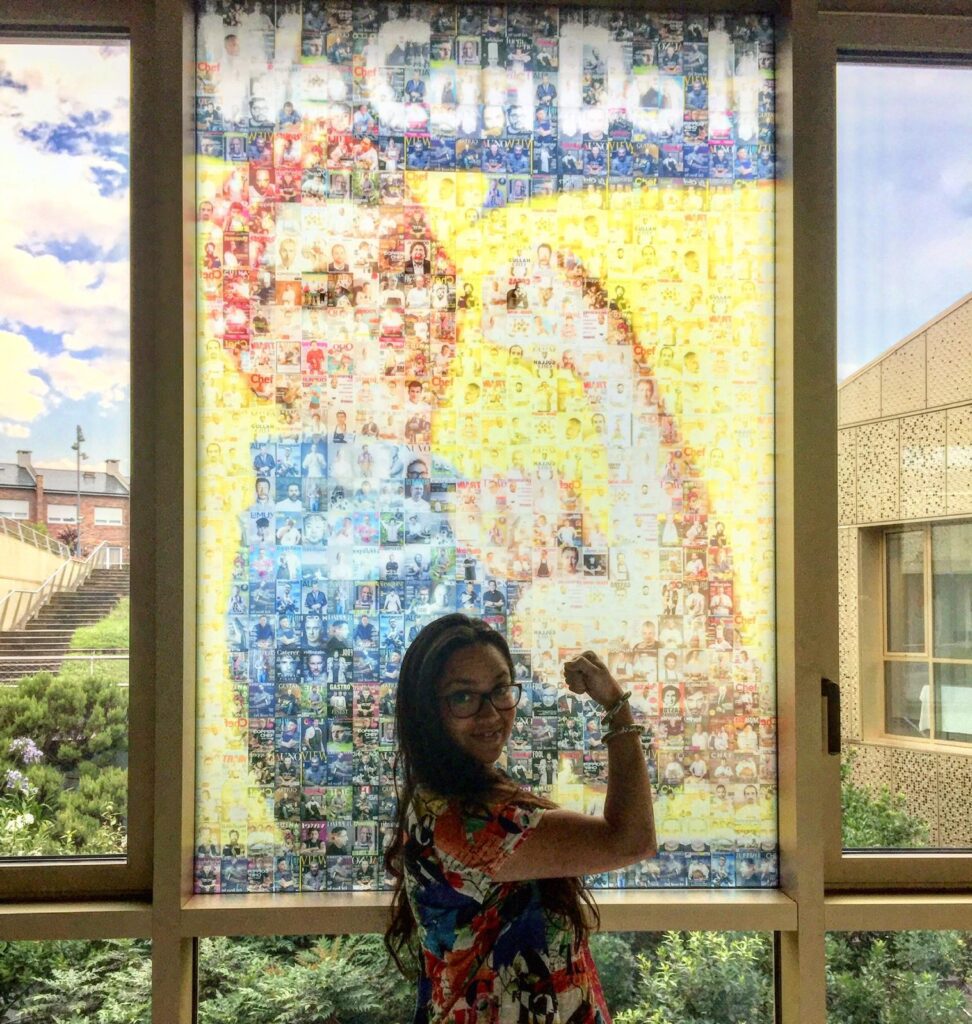
What is your favorite thing about your culture or living in your city?
To have lived in Mexico and San Sebastián changed me. Both experiences made me value food in a deeper way, as I got to understand from a very close distance how this industry is in fact a big ecosystem of interconnected realities, and not only a matter of big chefs, they are only the tip of the iceberg.
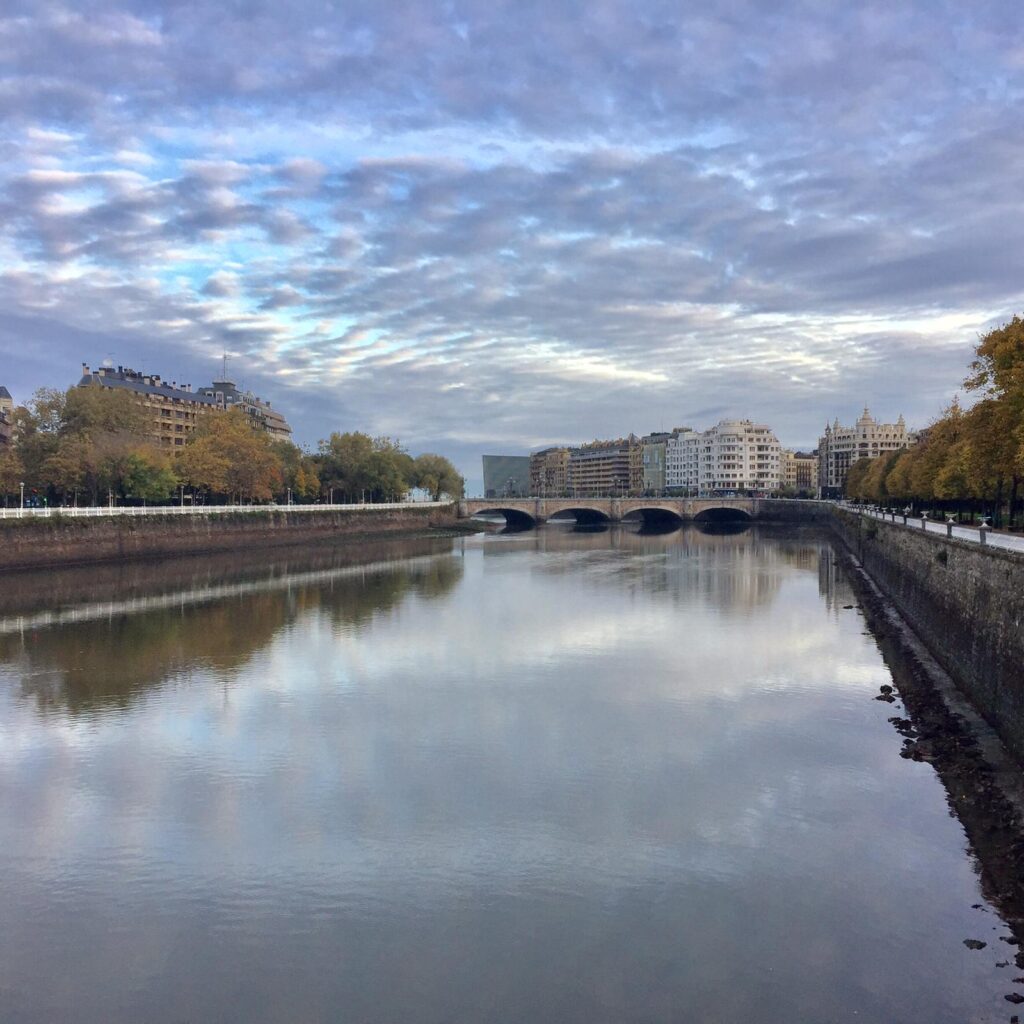
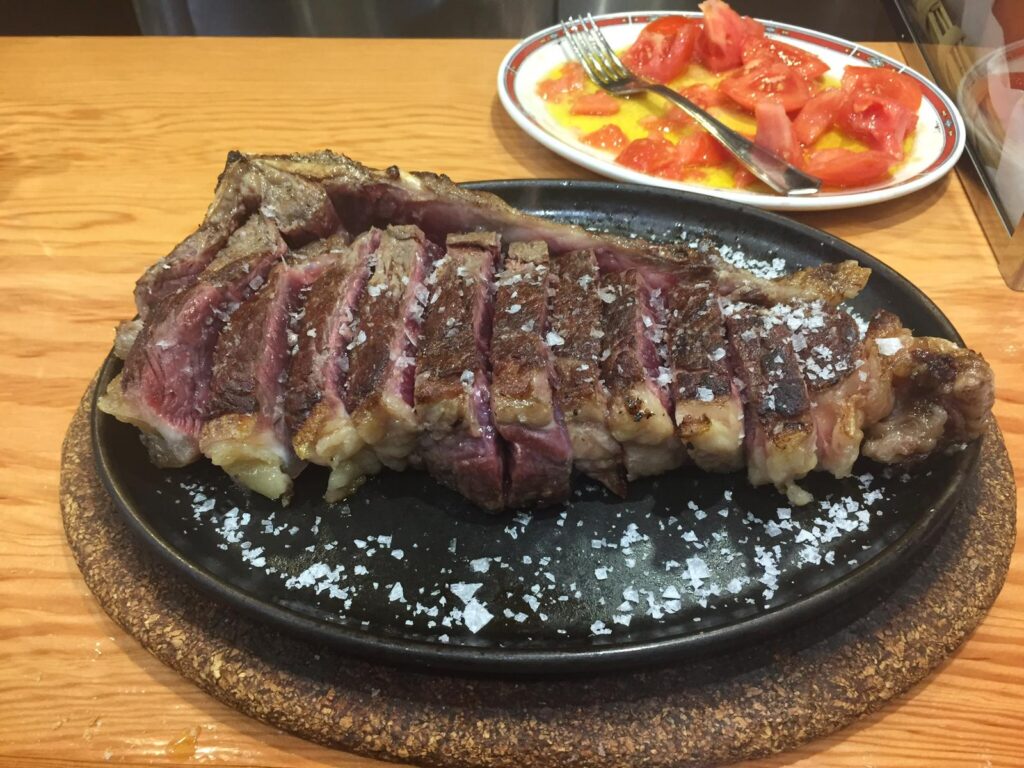
How are/ have you been spending your days during this COVID-19 quarantine period? (*If your city has recently opened up, please feel free to share a little bit about how things are now.)
I always loved food but never cooked much out of respect, surrounded as I am by great chefs. But I admit I have cooked this pandemic minute by minute. Cooking has been the way to shorten distances in times of social distancing, to travel to places through flavors connected with memories but also to untasted territories. It helped me keep my mind together. And It’s happening all over the world. people are confronting the preconceived idea that cooking takes too much effort, time, or thinking. Recent surveys suggest that more than 50% of people are cooking more and enjoying it much more. This comes with important transformations: not only are we realizing the true value of food, but we are recovering the forgotten power of being able to feed ourselves from our own hands. And it doesn’t matter what we cook. Homemade french fries will always be healthier than the frozen ones we buy at the supermarket.
On the other hand, I have been working as ever, luckly. Both in Basque Culinary Center, where I started a new project to share information about how COVID-19 affects the food industry, but also at Mugaritz, as we are deepening in processes of creative thinking to overcome this situation. San Sebastian has just reopened and it is exciting to see how a collective pact is taking place: everyone is being so responsible and caring with others that impresses me. I am Latin American: Basque will always seem too well-behaved for me! Social distancing is easier for them, in fact! Nevertheless, now that the summer comes, it will get more challenging, as a lot of energy has already been contained.
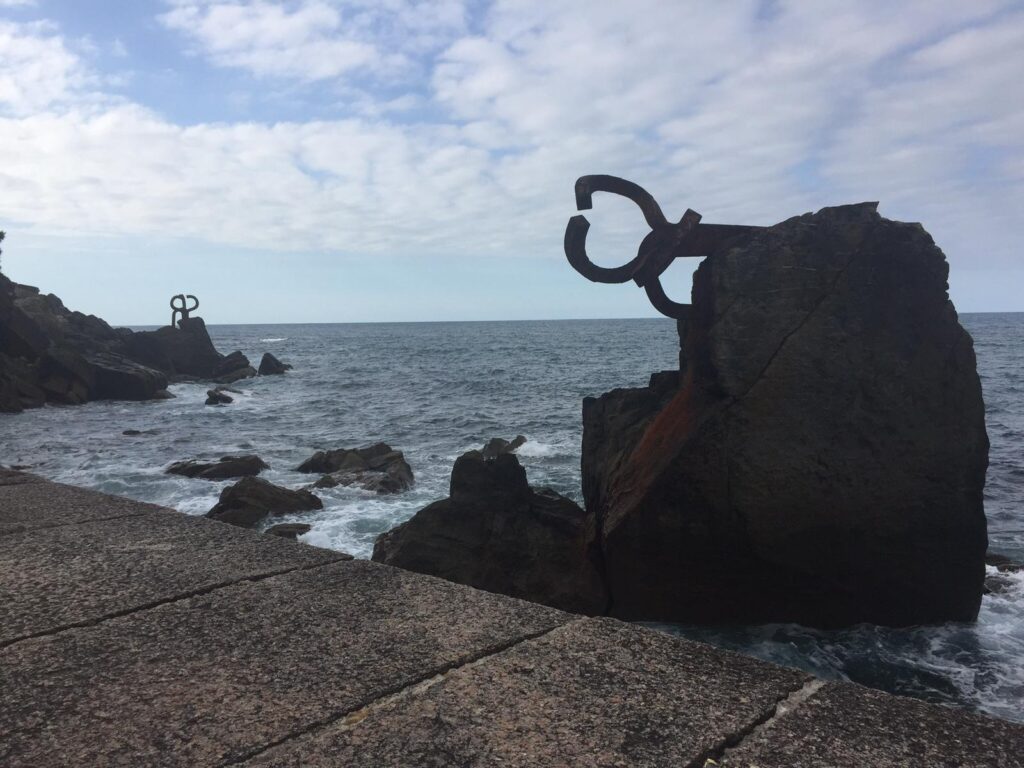
Please tell us about RETOCORONAVIRUS, and how readers can take part of it.
Retocoronavirus (The Coronavirus Challenge) has been exciting and super intense, as we are facing a crisis of huge proportions. We understood at Basque Culinary Center that this would come with big challenges but also great responsibility. We have been trying to share resources, testimonies and relevant contents of different kinds with students, professionals and with the wide audience of the gastronomy world. We want to be close to the industry in order to help as we can to deliver key information in times of uncertainty: good practices, protocols, experiences from all over the world that can show us paths to follow when trying to overcome this. Always from a constructive perspective. Collectives efforts are needed more than ever. We are really trying to rise to the challenge. People can share with us through our email: retocoronavirus@bculinary.com
